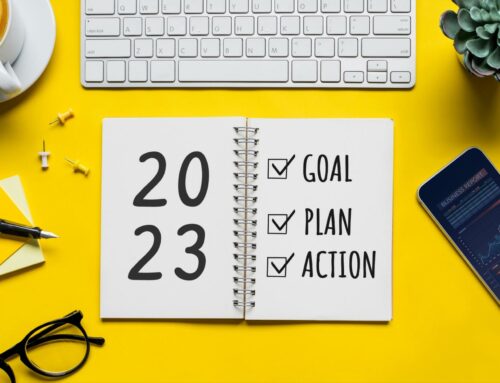Home ownership. You have made the decision to purchase a home. Where do you begin? If you are a first time home buyer, there are some important considerations. Some buyers don’t have the flexibility to begin one year out but if you do, find out what your credit score is. One year will give you time to correct any mistakes and to work on improving it if you have to. Next, figure out how much house you can afford and how much you want to spend. A lender can help with this. Lenders look for a total debt load of no more than 43% of your gross monthly income (called the debt-to-income ratio). This figure includes your future mortgage and any other debts, such as a car loan, student loan, or revolving credit cards.
Once you have a price range for a home that you wish to purchase, establish a savings plan for your down payment. Typically 20% down on a conventional loan is what a lender will require. Some government loans like an FHA require much less of a down payment but they require mortgage insurance premiums, which will drive up your monthly payments. Talk to a couple of lenders and find out what best suits your situation and then plan accordingly.
Six to nine months out is a good time to contact a real estate professional. A realtor will help you figure out what is most important to you in making a decision on choosing a home. Things like your commute time to work, neighborhoods, garage, open floor plan, fixer upper or new construction, etc……You’ll make a much better decision on what home to buy if you focus on your priorities. If it’s a joint decision, now is the time to work out any differences to avoid frustration and wasted time. Your realtor can begin a search and can also educate you on current market trends in your desired areas.
About six months out, begin to collect paperwork that your lender will be asking you for.You will need your W2 forms or business tax forms if you are self employed for the last 2-3 years as well as personal tax returns. Bank statements, pay stubs, brokerage statements, etc……Your lender will have a list for you. Do not make any big purchases during this time, like a boat or new car.
Three months out make an appointment with your lender or mortgage broker and bring all your paperwork. They will run a credit check on you and tell you how much of a loan you’re approved for. It often makes sense to borrow less than the maximum the lender allows so you can live comfortably. Draft a budget that accounts for mortgage payments, insurance, maintenance, and everything else you have going on in your life.
At this point your realtor can begin to schedule showings on properties that interest you. If and when you find a home that you want to make an offer on, your realtor will write up the offer and deliver it to the seller. Typically, with no issues that would delay a closing, you can expect to close on your new home within 30-40 days. During this time you can have the home inspected, deliver any requests to the sellers for repairs, do a final walk through before closing and find out the exact amount of cash to bring to the closing. You’ll get that number a few days before closing so you can secure a cashier’s check or arrange to have the money wired. Regular checks aren’t accepted.
That is it! You will be happy home owner!






